What is benign prostatic hyperplasia? Benign prostatic hyperplasia––also called BPH––is a condition in men in which the prostate gland is enlarged and not cancerous. Benign prostatic hyperplasia is also called benign prostatic hypertrophy or benign prostatic obstruction. The prostate goes through two main growth periods as a man ages. The first occurs early in puberty, when the prostate doubles in size. The second phase of growth begins around age 25 and continues during most of a man’s life. Benign prostatic hyperplasia often occurs with the second growth phase. As the prostate enlarges, the gland presses against and pinches the urethra. The bladder wall becomes thicker. Eventually, the bladder may weaken and lose the ability to empty completely, leaving some urine in the bladder. The narrowing of the urethra and urinary retention––the inability to empty the bladder completely––cause many of the problems associated with benign prostatic hyperplasia. What causes benign prostatic hyperplasia? The cause of benign prostatic hyperplasia is not well understood; however, it occurs mainly in older men. Benign prostatic hyperplasia does not develop in men whose testicles were removed before puberty. For this reason, some researchers believe factors related to aging and the testicles may cause benign prostatic hyperplasia. Throughout their lives, men produce testosterone, a male hormone, and small amounts of estrogen, a female hormone. As men age, the amount of active testosterone in their blood decreases, which leaves a higher proportion of estrogen. Scientific studies have suggested that benign prostatic hyperplasia may occur because the higher proportion of estrogen within the prostate increases the activity of substances that promote prostate cell growth. Another theory focuses on dihydrotestosterone (DHT), a male hormone that plays a role in prostate development and growth. Some research has indicated that even with a drop in blood testosterone levels, older men continue to produce and accumulate high levels of DHT in the prostate. This accumulation of DHT may encourage prostate cells to continue to grow. Scientists have noted that men who do not produce DHT do not develop benign prostatic hyperplasia. How common is benign prostatic hyperplasia? Benign prostatic hyperplasia is the most common prostate problem for men older than age 50. In 2010, as many as 14 million men in the United States had lower urinary tract symptoms suggestive of benign prostatic hyperplasia. Although benign prostatic hyperplasia rarely causes symptoms before age 40, the occurrence and symptoms increase with age. Benign prostatic hyperplasia affects about 50 percent of men between the ages of 51 and 60 and up to 90 percent of men older than 80. Who is more likely to develop benign prostatic hyperplasia? Men with the following factors are more likely to develop benign prostatic hyperplasia: age 40 years and older family history of benign prostatic hyperplasia medical conditions such as obesity, heart and circulatory disease, and type 2 diabetes lack of physical exercise erectile dysfunction What are the symptoms of benign prostatic hyperplasia? Lower urinary tract symptoms suggestive of benign prostatic hyperplasia may include urinary frequency—urination eight or more times a day urinary urgency—the inability to delay urination trouble starting a urine stream a weak or an interrupted urine stream dribbling at the end of urination nocturia—frequent urination during periods of sleep urinary retention urinary incontinence—the accidental loss of urine pain after ejaculation or during urination urine that has an unusual color or smell Symptoms of benign prostatic hyperplasia most often come from a blocked urethra a bladder that is overworked from trying to pass urine through the blockage How is benign prostatic hyperplasia treated? Treatment options for benign prostatic hyperplasia may include lifestyle changes medications minimally invasive procedures surgery A health care provider treats benign prostatic hyperplasia based on the severity of symptoms, how much the symptoms affect a man’s daily life, and a man’s preferences. Men may not need treatment for a mildly enlarged prostate unless their symptoms are bothersome and affecting their quality of life. In these cases, instead of treatment, a urologist may recommend regular checkups. If benign prostatic hyperplasia symptoms become bothersome or present a health risk, a urologist most often recommends treatment.
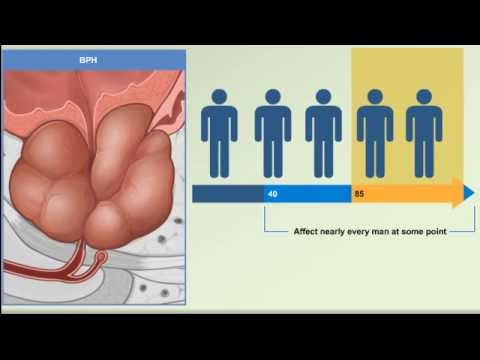
Prostate Enlargement: Benign Prostatic Hyperplasia – BPH Causes, Symptoms, Treatment Animation Video
- Post author:
- Post published:May 5, 2021
- Post comments:0 Comments
You Might Also Like
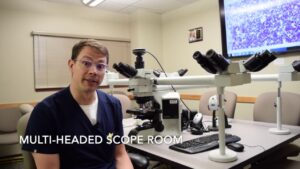
Pathology Video – 3

Ultimate Fat-Burning Workout | Brian Casad

5 Worst Cardio Mistakes for Fat Loss (AVOID THESE TRAPS!!)

Pediatric Physiotherapy Video – 13

Powerlifting to Win Novice Program week 2
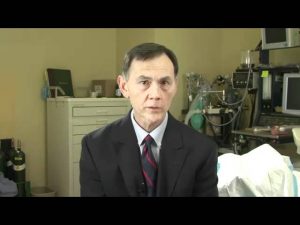
Causes of Male Infertility

Internal Organs of Human Body | Environmental Studies For Kids | Grade 2 | Vid #4

Anabolic Steroids: Uses & Side effects – Dr.Ravi Sankar Endocrinologist MRCP(UK) CCT – GIM (UK)

How To: Dumbbell Bent-Over Row (Single-Arm)
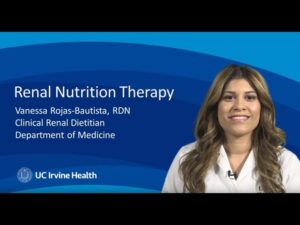
Renal Nutrition Video – 2

Quick Leg Burn – Beginner to Advanced Lower Body Workout Routine
Internal Organs

Neurology Video – 2

Run faster in one week! DO THIS!!!

Past Life Regression Video – 3

BMI Body Mass Index Gone Wrong! and Aspire Higher

Decline Bench Press-3

What is BMR? Learn all about BMR and calculate your RMR in this week’s video

Incline Bench Press-2
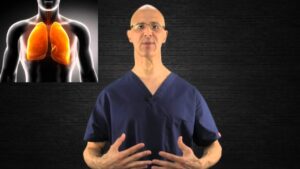
Proper Breathing Exercise to Strengthen Lungs to Keep Healthy – Dr Mandell
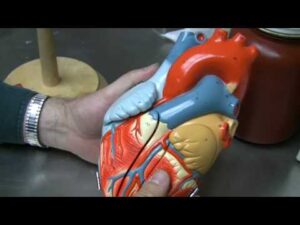
Heart Anatomy Part 1
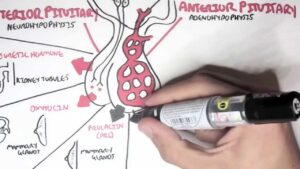
Endocrinology – Overview
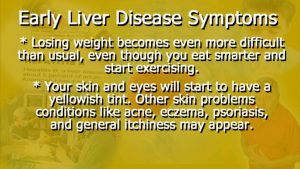
Early Liver Disease Symptoms
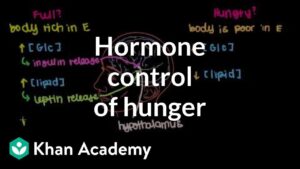
Hormone control of hunger

Isotonic & Isometric Contractions

Leg Press-6

Definition Fitness Centre – 2014

Flat Bench Fly-5

Sports Injuries Video – 4
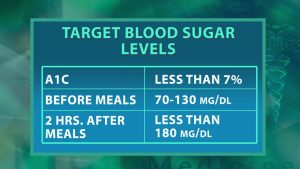
Diabetes Patient Education
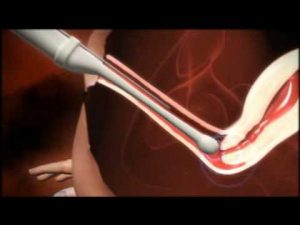
3D Animation of how ICSI works
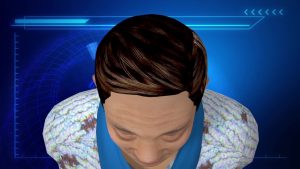
What is President Trump’s hair loss drug and how does it work?

Hyperextension With Machine-2

Full day of eating | Indian Bodybuilding Diet

This is Diabetes

Standing Calf Raise-1
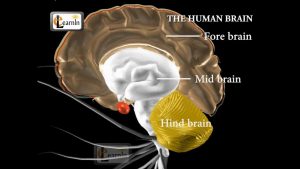
Human brain and its parts – Biology

Weightlifting Video – 4
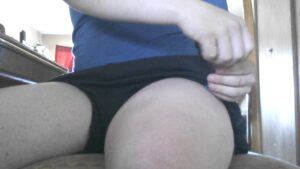
Mtf hormone injecting

Pre Surgery Video – 2

Sex Change Surgeries Video – 4

